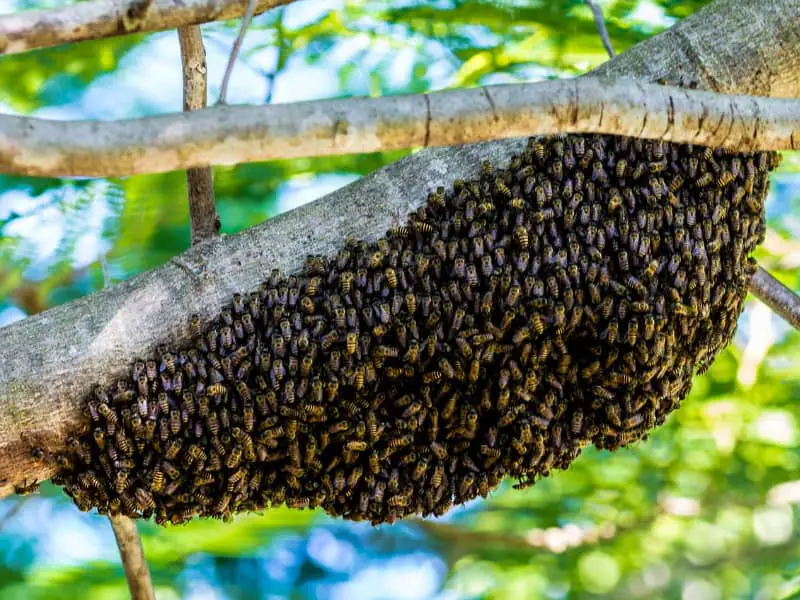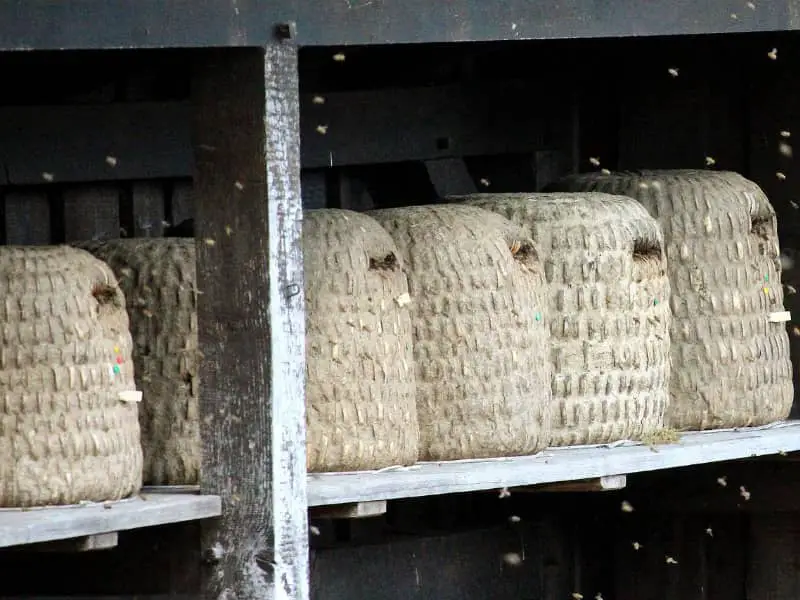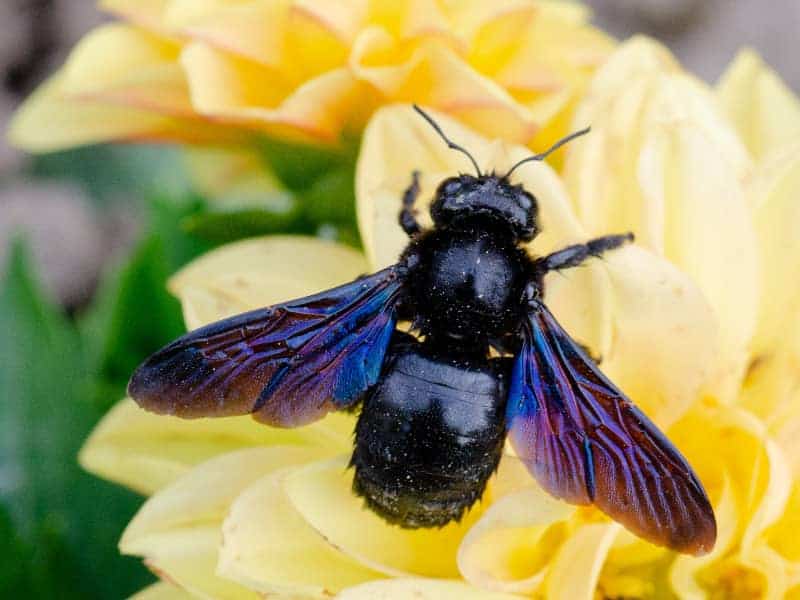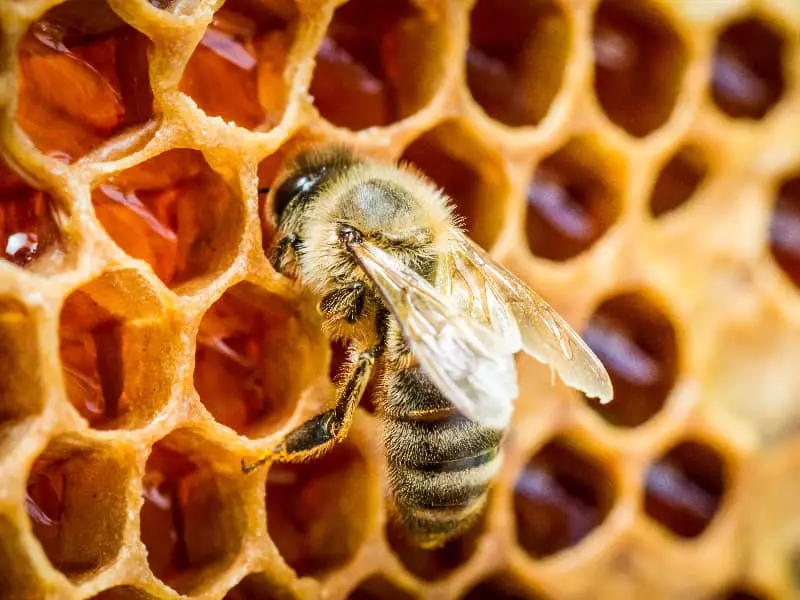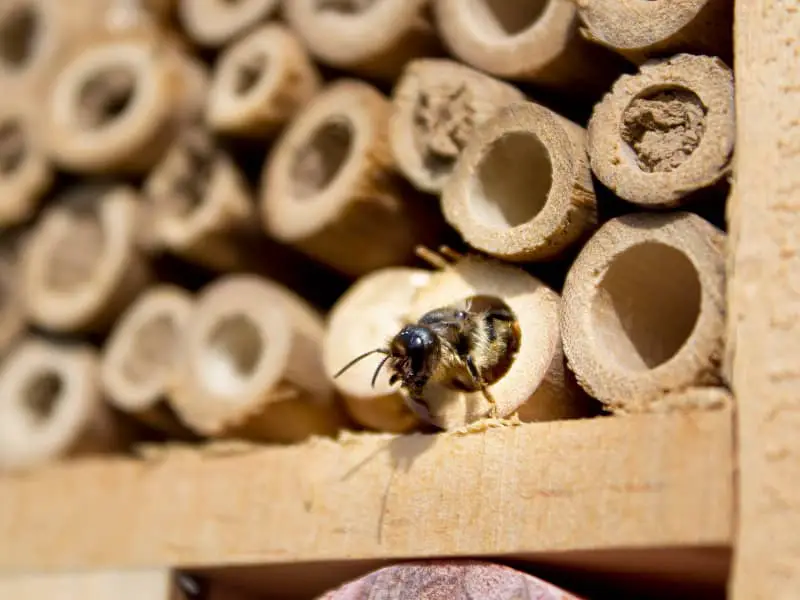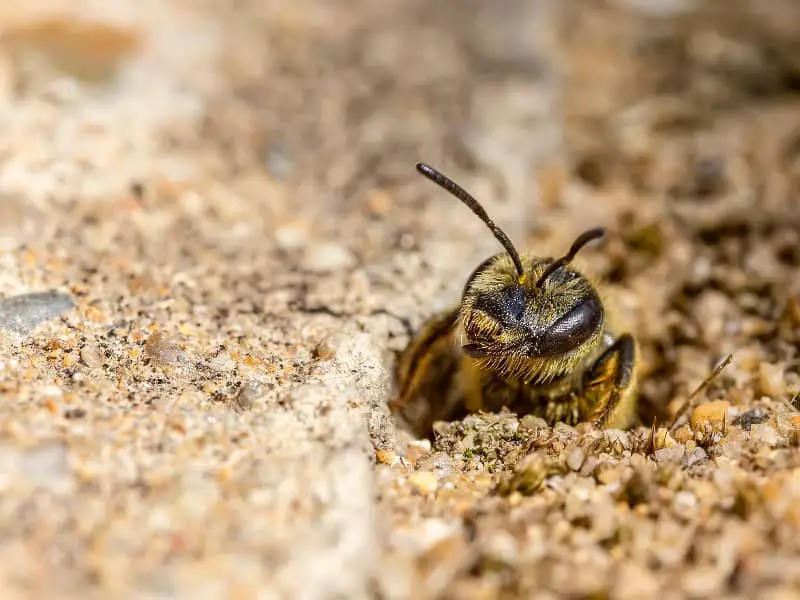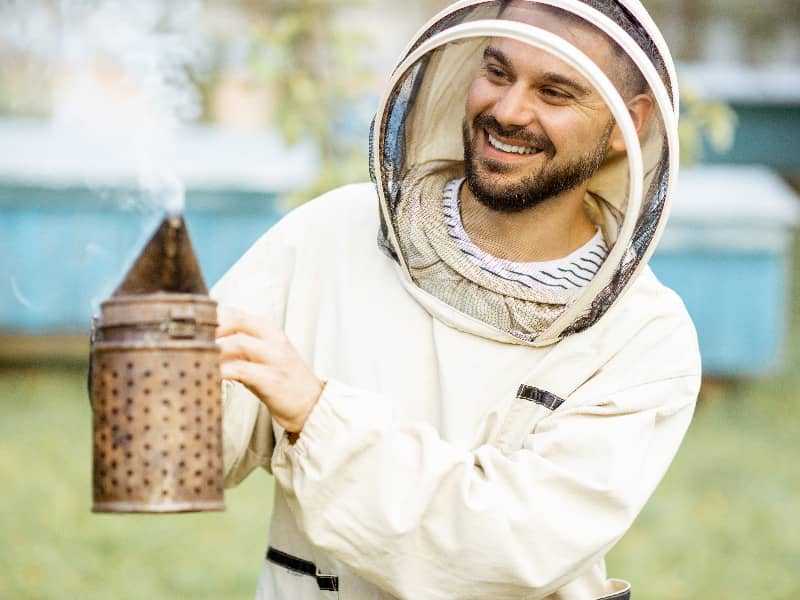
Home remedies against bees
For many people, the buzzing of bees is the epitome of a sunny summer day. For some, however, this sound becomes a source of discomfort, especially when these small insects come too close to one's living space.
Although bees are important to the ecosystem, many people are looking for ways to keep them out of certain areas of their homes. And this is where home remedies come into play. Over time, various methods have been proven to naturally repel bees. So let's dive into the world of home remedies against bees.
Why are bees important for the environment?
A first logical starting point is the question of the importance of bees for our ecosystem. Bees are not only producers of honey, but also play a central role in the pollination of plants. This process is essential for the growth of fruits and vegetables, many of which play a central role in our diet. While it is understandable to want to keep bees away from certain places, their importance to the environment should always be considered.
What are the home remedies for bees?
There are several home remedies that can naturally keep bees away. Some of these methods are time-tested, while others have gained popularity only recently.
Peppermint oil a home remedy against bees
One of the best known means is peppermint oil. Bees do not like the intense smell of peppermint, which makes this oil an effective repellent. A few drops mixed with water in a spray container and sprayed on the terrace or balcony can work wonders.
Lemon and clove peel against bees
Another proven means are lemon or orange peel, which are tipped with cloves. The aroma of this combination is unpleasant for bees and keeps them at a distance.
Eucalyptus oil against bees
Another essential oil that can effectively deter bees is eucalyptus oil. The strong smell is unpleasant for bees. You can mix a few drops of this oil with water in a spray container and spray it in bee-rich areas.
Cinnamon against bees
Cinnamon has proven to be an effective means of repelling bees. Regularly spreading cinnamon in areas where bees congregate can reduce their presence. However, it is important to do this for a few days in a row to permanently repel the bees.
Baby powder against bees
Some believe that baby powder deters bees. Spreading baby powder in places where bees have been seen can keep them away. However, application areas should be checked regularly and re-pollinated as needed.
Cucumbers, the home remedy against bees
Bees don't particularly like the smell of cucumbers. Placing cucumber slices or trays in areas where you want to keep bees away can help deter them.
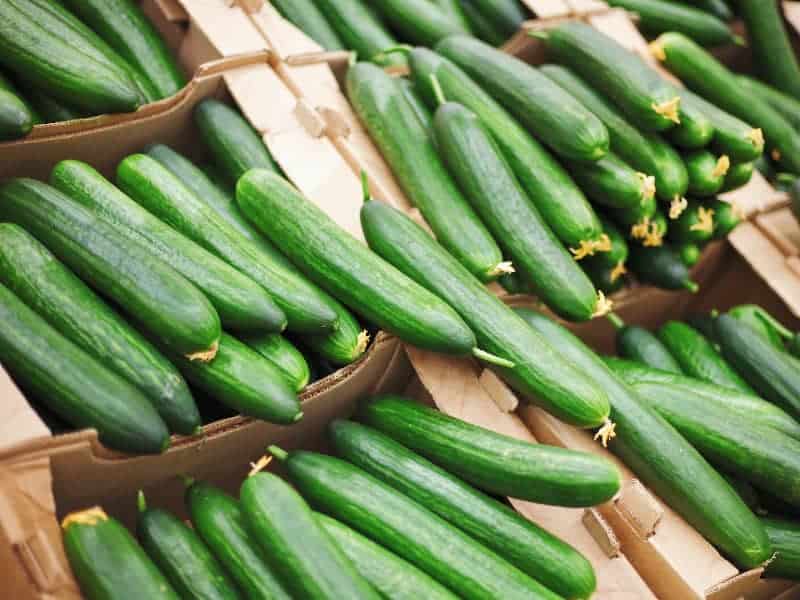
Vanilla extract against bees
The sweet smell of vanilla extract can deter bees. Spraying a mixture of vanilla extract and water can keep bees away from certain areas.
What home remedies against bees do not work?
When searching for home remedies against bees, one often comes across tips and tricks that are either ineffective or even have the opposite effect.
- Sweet scents: Perfumes or other sweet scents may attract bees instead of deterring them. It is advisable to avoid such fragrances in bee-rich areas.
- Bright and flowery clothes: Bright, flowery clothing can also be attractive to bees, as they may mistake it for flowers. It is recommended to wear inconspicuous colors in bee-rich areas.
Can bees be kept away by certain plants?
Yes, certain plants can actually help keep bees away. Planting these specific plants in certain areas of the garden or on the balcony can help repel bees in a natural and ecological way.
- Mozart plant (Plectranthus): This is a plant that bees usually avoid. It has a special smell that these insects do not like.
- Wormwood: Wormwood is also often mentioned as a remedy against bees. This plant, with its strong characteristic odor, seems to deter bees.
However, it should be noted that while these plants may deter bees, they may attract other insects. It is important to keep in mind the entire ecosystem of the garden or balcony.
How to make your home bee-proof?
There are some steps you can take to make sure your home is less attractive to bees.
- Seal gaps and cracks: Bees often look for places to nest. Sealing gaps in walls or under roofs can prevent bees from settling there.
- Avoid standing water: Bees, like other insects, are attracted to standing water. Regularly emptying birdbaths or avoiding water accumulation can help.
What are the advantages and disadvantages of home remedies over commercial products?
Many people prefer home remedies to commercial products. But why actually?
- Environmental friendliness: Home remedies are usually more environmentally friendly than chemical products. They do not pollute the environment and are often biodegradable.
- Cost Efficiency: Many home remedies are inexpensive because they consist of ingredients that are already available in the home or are easy to obtain.
- Less aggressive effect: While commercial products are often very effective, they can sometimes be too aggressive and also harm other animals or plants.
Of course, home remedies have their limitations and may not work all the time or everywhere. You may also need to try a combination of remedies before you find the solution that works for you.
Can home remedies harm bees?
While the goal is to keep bees away, you usually don't want to harm them. Fortunately, most home remedies are harmless to bees. They deter the insects without harming them. This distinguishes them from many commercial products that can be toxic to bees.
However, it is always advisable to be cautious when trying home remedies and make sure they do not have harmful effects on the bees or other animals.
Conclusion: home remedies against bees
Bees are essential components of our ecosystem and contribute significantly to pollination and thus to the preservation of many plants that we consume on a daily basis. While their value to the environment is undeniable, there are situations in which living with these insects can cause discomfort or even potential danger, especially for those with allergies.
Natural repellents offer an environmentally friendly and often cost-effective alternative to commercial products in such cases. Using ingredients such as essential oils, spices and even certain foods, people can keep bees away from their living areas without harming the insects.
However, it is important to be careful when using these products and always ensure that they do not harm bees or other animals and plants. Through patience, research and trying different methods, one can find a balance between protecting one's space and respecting these important insects. It's a balance that benefits both human safety and environmental conservation.
Author

-
Garden animal - A life with nature
Welcome to my animal blog! My name is Dirk and I am happy to take you on my journey through the fascinating world of animals and gardening.
Born 54 years ago, I have had an insatiable curiosity for the animal world around me since childhood. Although I have moved professionally in other industries, my true passion has always been animals and nature. It is remarkable how a small garden has become such an important part of my life.
Many of my fondest memories are associated with the animals that share our home. Whether it's the curious squirrels that scurry across the trees in the morning, the colorful variety of birds that visit our feeders, or the busy bees and butterflies that pollinate our flowers, every moment with them is invaluable to me.
This blog is my contribution to share my experiences, discoveries and insights with like-minded people. Here I will share stories of unforgettable encounters with animals, give tips on gardening and creating wildlife-friendly habitats, and take you on my journeys through nature.
Thank you so much for being here!
Cordial,
Dirk aka garden animal
Last posts
- 27. February 2024PetsVeganes Hundefutter – Grün und Gesund?
- 18. January 2024ChickensOregano für Hühner
- November 27, 2023HamsterDiurnal hamsters
- November 24, 2023HamsterHamster hammock

